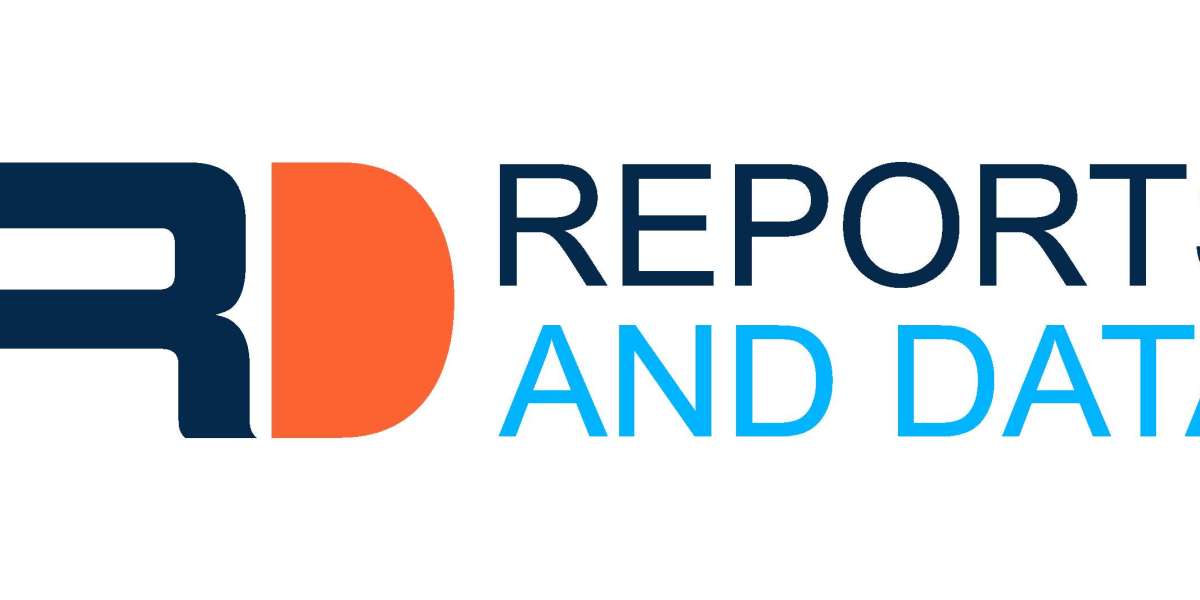Introduction:
Men's health is a topic often shrouded in silence and stigma, yet it is an issue of critical importance that affects individuals, families, and communities worldwide.
From physical health concerns to mental health challenges, men face a myriad of risks that can impact their well-being and quality of life. If you ever wonder what Super Vidalista is, let us explain it here before you buy it.
In this comprehensive exploration, we delve into the biggest risks to men's health, shedding light on the factors that contribute to these risks and offering insights into how they can be addressed and mitigated.
Physical Health Risks
Heart Disease:
Heart disease stands as the leading cause of death for men globally, encompassing a range of conditions that affect the heart and blood vessels.
Factors such as high blood pressure, high cholesterol, obesity, and smoking contribute to the development of heart disease.
Moreover, men are often less likely than women to seek medical attention for symptoms, leading to delayed diagnosis and treatment.
Education and awareness campaigns aimed at promoting heart-healthy behaviors and regular health screenings are crucial in addressing this risk.
Cancer:
Cancer remains a significant threat to men's health, with prostate cancer being the most common cancer among men worldwide.
Other prevalent forms of cancer in men include lung, colorectal, and skin cancer. Early detection through regular screenings and lifestyle modifications such as smoking cessation, a healthy diet, and sun protection are essential in reducing cancer risk.
Additionally, increased research funding and access to innovative treatments are critical in improving outcomes for men diagnosed with cancer.
Accidents and Injuries:
Men are disproportionately affected by accidents and injuries, including motor vehicle accidents, falls, and workplace injuries.
Risk-taking behaviors, such as reckless driving and substance abuse, contribute to the high incidence of accidents among men.
Prevention strategies, such as wearing seat belts, practicing workplace safety protocols, and avoiding alcohol and drug use, are vital in reducing the risk of accidents and injuries.
Substance Abuse:
Substance abuse, including alcohol, tobacco, and illicit drugs, poses a significant risk to men's health. Men are more likely than women to engage in heavy drinking and smoking, increasing their susceptibility to a range of health problems, including liver disease, cancer, and cardiovascular disease.
Access to comprehensive substance abuse treatment programs, along with targeted prevention efforts aimed at men, is crucial in addressing this pervasive issue.
Mental Health Risks
Depression and Suicide:
Depression is a prevalent yet often overlooked mental health issue affecting men worldwide. Men are less likely than women to seek help for depression due to societal expectations around masculinity and emotional expression.
As a result, untreated depression can escalate to suicidal ideation and behavior, with men accounting for a disproportionate number of suicides.
Destigmatizing mental health issues, promoting help-seeking behaviors, and expanding access to mental health services are essential in addressing this risk.
Stress and Burnout:
Men face unique stressors related to societal expectations around career success, financial stability, and family responsibilities.
Chronic stress can lead to burnout, characterized by emotional exhaustion, cynicism, and reduced professional efficacy. Men may be less likely to acknowledge or seek support for burnout due to perceptions of weakness or failure.
Creating supportive work environments, promoting work-life balance, and encouraging open dialogue about mental health are critical in preventing burnout among men.
Post-Traumatic Stress Disorder (PTSD):
Men are disproportionately exposed to traumatic events such as combat, accidents, and violence, increasing their risk of developing PTSD.
Symptoms of PTSD, including intrusive memories, hypervigilance, and avoidance behaviors, can significantly impact men's mental and emotional well-being. This Vidalista 10 mg is very affordable, and if you’re about to use it for a long time, go for a value pack.
Cultivating resilience through peer support, counseling, and trauma-focused interventions is essential in addressing PTSD among men and promoting recovery and healing.
Social and Cultural Factors
Social Isolation:
Social isolation and loneliness are significant risk factors for men's health, contributing to poor physical and mental outcomes.
Men may be less likely than women to cultivate and maintain social connections due to cultural norms around stoicism and self-reliance.
Encouraging men to prioritize social relationships, engage in community activities, and seek support when needed can help combat social isolation and promote overall well-being.
Gender Stereotypes:
Traditional notions of masculinity can impact men's health behaviors and attitudes, influencing everything from healthcare utilization to help-seeking behaviors.
Men may feel pressure to conceal vulnerability, downplay symptoms, or avoid seeking medical care altogether, leading to delays in diagnosis and treatment.
Challenging harmful gender stereotypes and promoting positive masculinity that embraces emotional expression, vulnerability, and self-care is essential in fostering men's health and well-being.
Barriers to Healthcare Access:
Men face a range of barriers to accessing healthcare, including lack of insurance, transportation issues, and reluctance to seek medical attention.
Cultural factors, such as mistrust of healthcare providers or fear of judgment, can further impede men's access to care.
Implementing strategies to improve healthcare access, such as expanding insurance coverage, offering telemedicine options, and providing culturally competent care, is crucial to addressing disparities in men's health outcomes.
Conclusion:
In conclusion, addressing the biggest risks to men's health requires a multifaceted approach that acknowledges the complex interplay of biological, social, and cultural factors.
By raising awareness, promoting prevention efforts, and expanding access to healthcare and support services, we can work towards improving men's health outcomes and fostering a society where all individuals can thrive physically, mentally, and emotionally.
If you have the prescription, then you can order it with just a few clicks from Buygenmeds, and your order will be on its way.
Breaking the silence surrounding men's health issues is the first step towards creating a healthier, more inclusive future for everyone.









